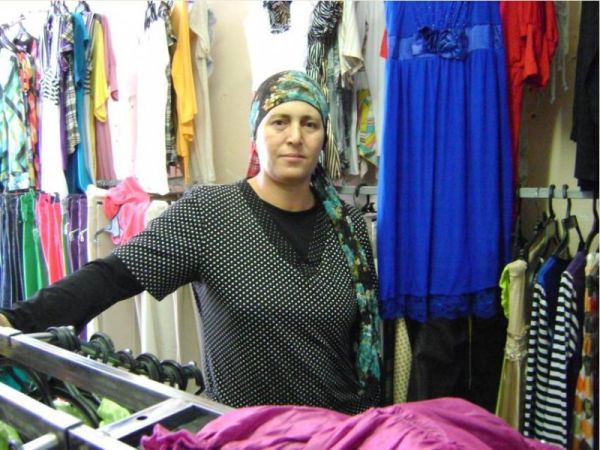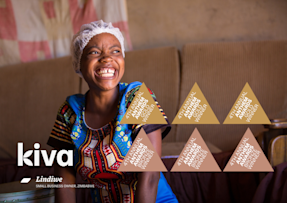Earlier this month, the International Labor Organization (ILO) and the United Nations Development Programme released the report "Rethinking Economic Growth: Towards Productive and Inclusive Arab Societies," stressing the need for improved governance, social justice and economic progress in the Arab world.
Recent Arab uprisings have highlighted a lack of social protection and dialogue between citizens and authorities.
According to the report, the Arab world had the second lowest productivity growth rate of any world region between 2000 and 2010. While policies were enacted in the past two decades to create jobs, these new opportunities were concentrated in unproductive sectors. Also, low investment, poor regulations, and rampant corruption mired the region’s private sector among the least competitive globally.
One of the main problems is the lack of what we might call "dignified" jobs. Arab youths complain about a lack of jobs without the need of intermediaries or connections -- which is exactly what Kiva can provide.
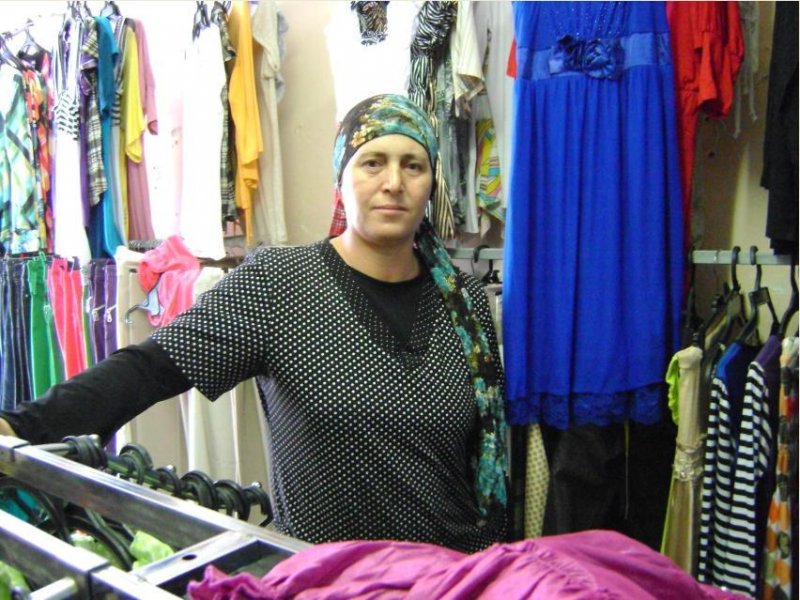
Kawthar (above) resides in the Al-Duhaisha Refugee camp in West Bank, Palestine. She used her $2,000 Kiva loan to purchase new clothes for her retail store. Married with five children, her husband is a day laborer in Israel.
People without access to traditional financial services can use a Kiva loan to build their own enterprises -- a dignified and satisfying way to provide for their families.
One Kiva partner, FATEN, provides microloans to entrepreneurs in Palestine -- with special focus on women. For example, Heyam just received a loan of $1,500 to purchase a specialized camera for her photography shop. With this new equipment, she will be able to expand the scope of her work, improve her business, and increase her family’s income.
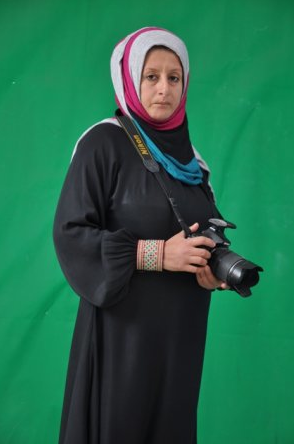
Atef has been selling fruits and vegetables in a profitable location for three years, providing his family’s only source of income. A loan of $1,500 enabled him to diversify his collection of fruit, increasing his sales and raising his income. With this increase, he hopes to open his own store someday.
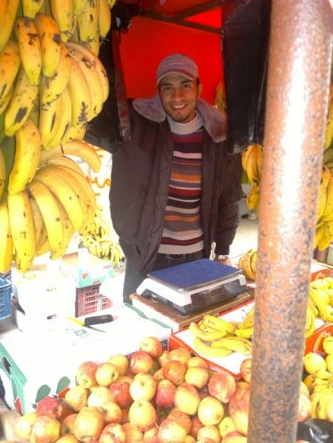
Kiva is proud to be working with partners that can provide these opportunities in places where they are needed most, like the Arab world.
Have questions about Kiva loans in Arab countries? Send them our way at blog@kiva.org.

